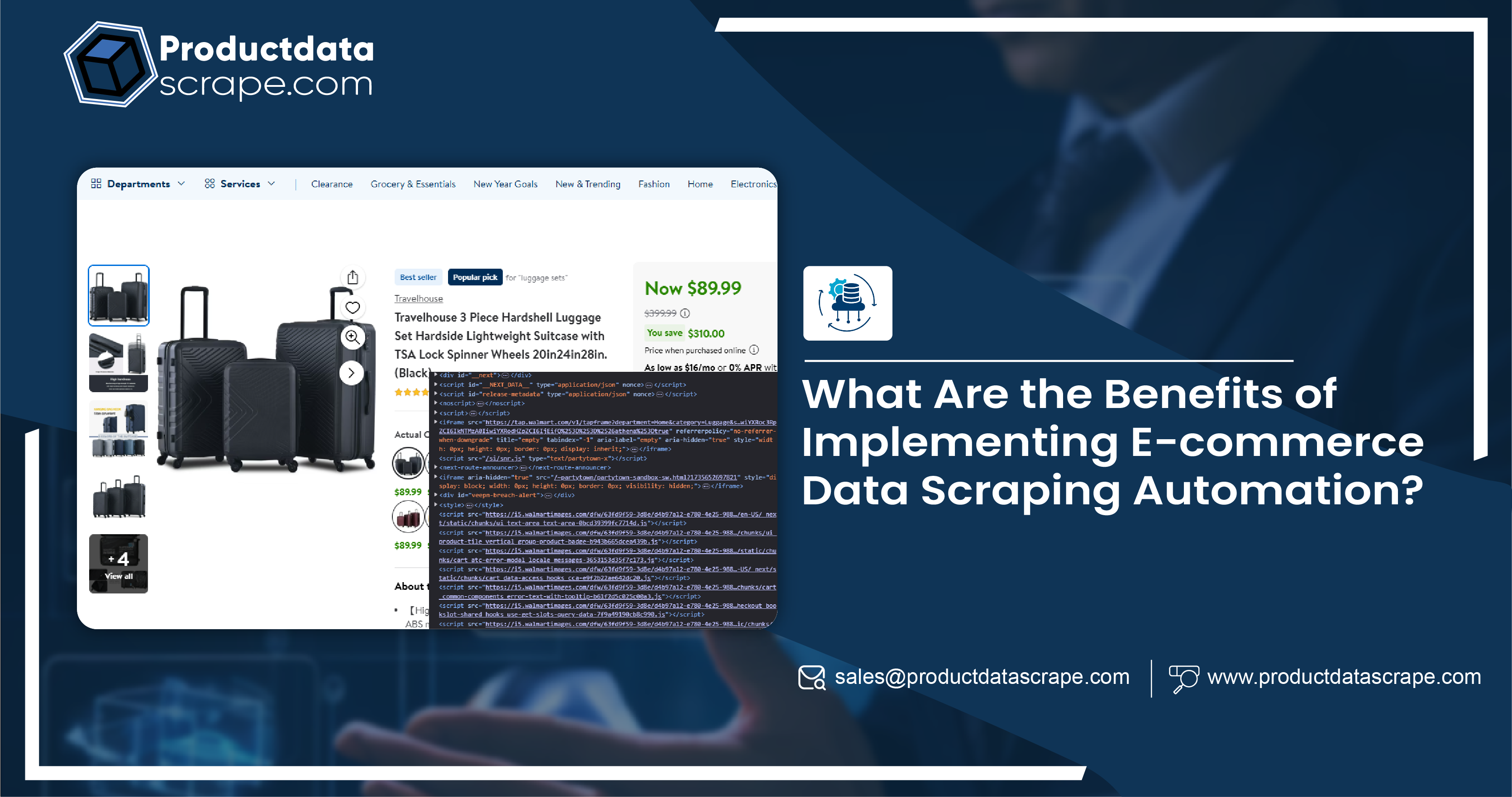
Introduction
In today's fast-paced, data-driven world, e-commerce businesses rely heavily on actionable insights to stay ahead of the competition. Understanding consumer preferences, monitoring competitor strategies, and analyzing market trends is essential for success. E-commerce data scraping automation has become a game-changing solution, enabling businesses to collect and analyze critical data from online platforms efficiently. By leveraging web scraping tools for product data extraction, companies can streamline the process of gathering information on pricing, inventory, customer reviews, and more.
The ability to automate e-commerce product data collection allows businesses to save time, reduce manual effort, and ensure accuracy in their datasets. This automation accelerates decision-making and supports real-time adjustments to market dynamics. As a result, businesses can improve operational efficiency, optimize pricing strategies, and enhance customer experiences. In today's competitive landscape, investing in e-commerce data scraping automation is no longer optional—it's necessary for sustainable growth.
The Growing Importance of E-commerce Data Scraping
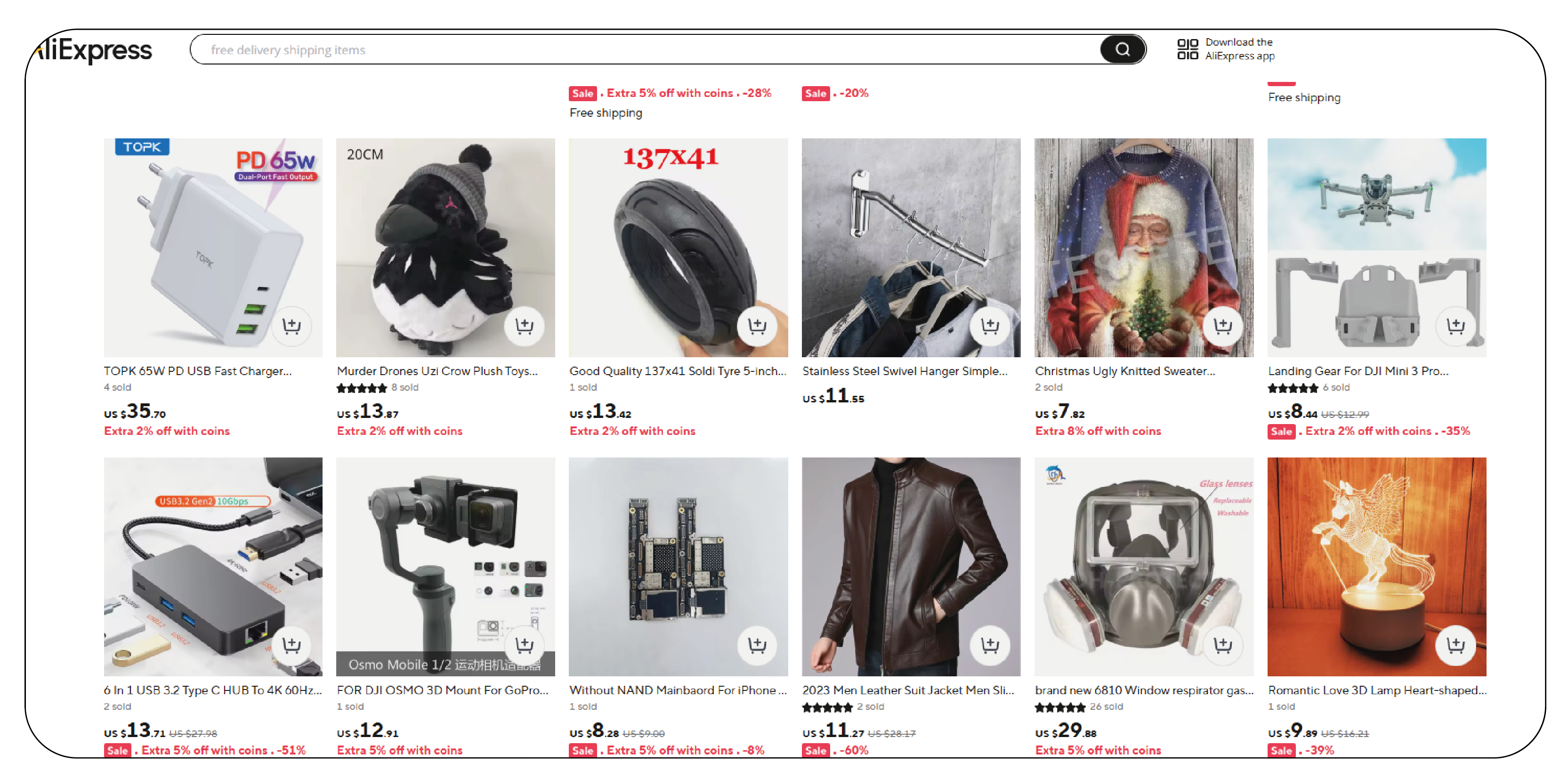
E-commerce platforms host vast amounts of data, including product details, pricing, customer reviews, ratings, stock availability, and promotional offers. Access to this data is essential for businesses aiming to optimize their operations, pricing strategies, and marketing efforts. Traditionally, extracting such data involved manual processes, which were time-consuming and prone to errors. Automated product data scraping revolutionizes this process by enhancing accuracy while ensuring scalability and efficiency.
E-commerce product catalog scraping has become indispensable for competitive analysis, market research, demand forecasting, and trend identification tasks. By leveraging real-time product data collection, businesses can monitor dynamic market changes, adjust strategies promptly, and make informed decisions. This approach empowers organizations to navigate the complexities of the e-commerce landscape, offering a competitive edge through actionable intelligence. With automation, companies can unlock the full potential of their data-driven strategies and achieve sustainable growth.
Advantages of Automating E-commerce Data Scraping
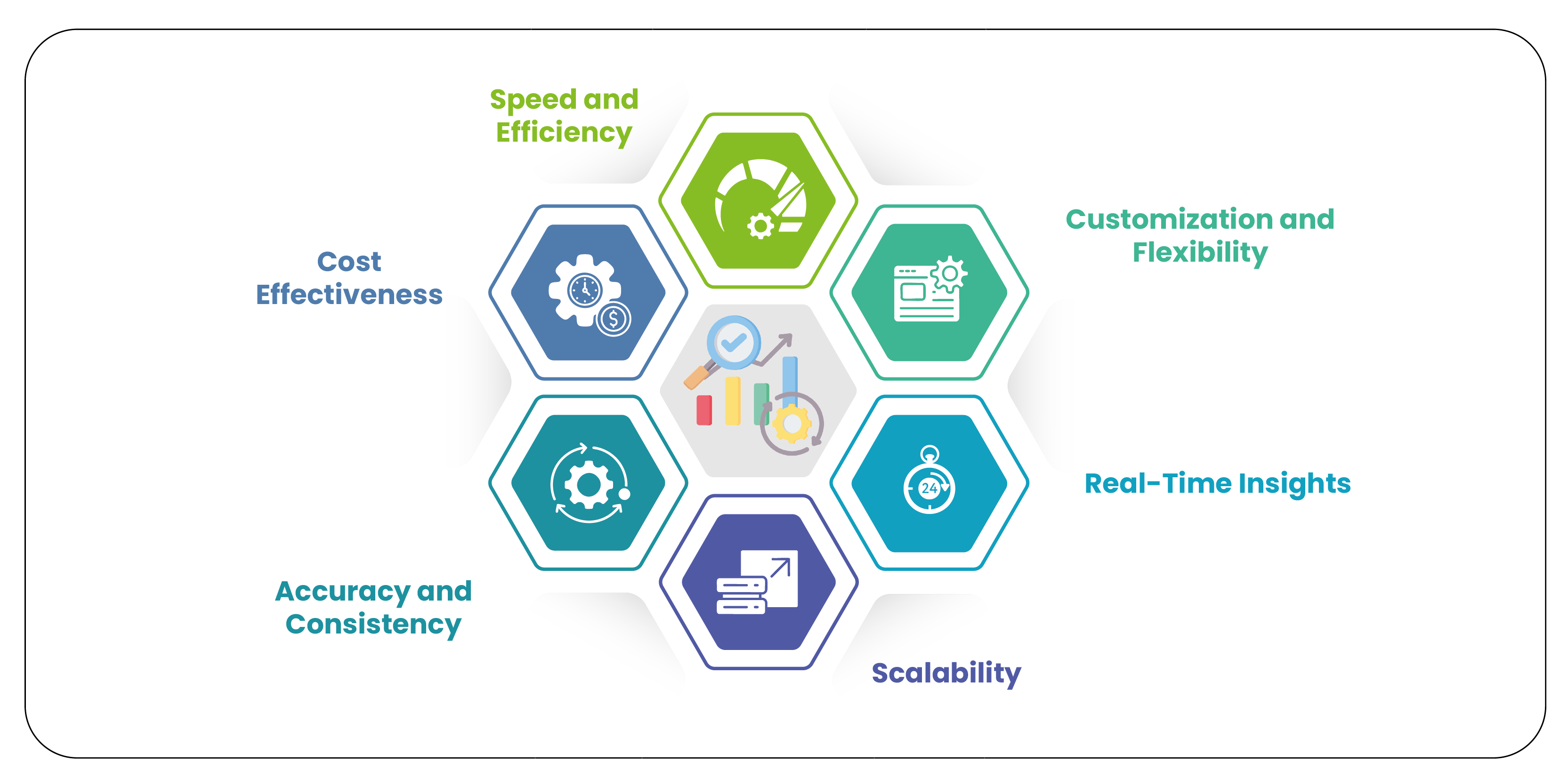
Automated e-commerce inventory data extraction offers many benefits that align with the fast-paced nature of online retail. These advantages include:
1. Speed and Efficiency: Automated scraping tools can collect vast amounts of data from multiple sources in a fraction of the time it would take manually. This rapid access to information ensures businesses can react promptly to market changes.
2. Cost-Effectiveness: While initial investments in automation tools or services may seem substantial, long-term labor costs and time savings far outweigh the expenditure. Businesses can allocate resources more strategically, focusing on analysis and decision-making rather than data collection.
3. Accuracy and Consistency: Manual data extraction is susceptible to errors, especially when dealing with large datasets. Automation ensures consistent and error-free data collection, maintaining the integrity of the datasets over time.
4. Scalability: As businesses grow, their data needs expand. Automation tools can handle increasing volumes of data without additional strain, making them ideal for scaling operations seamlessly.
5. Real-Time Insights: Timing is critical in the e-commerce sector. Automated scraping enables real-time data collection, allowing businesses to track trends, monitor competitors, and adjust strategies dynamically.
6. Customization and Flexibility: Modern automation tools can be tailored to specific business needs, whether scraping data from niche platforms, extracting unique data points, or scheduling tasks to align with market demands.
Applications of E-commerce Data Scraping Automation
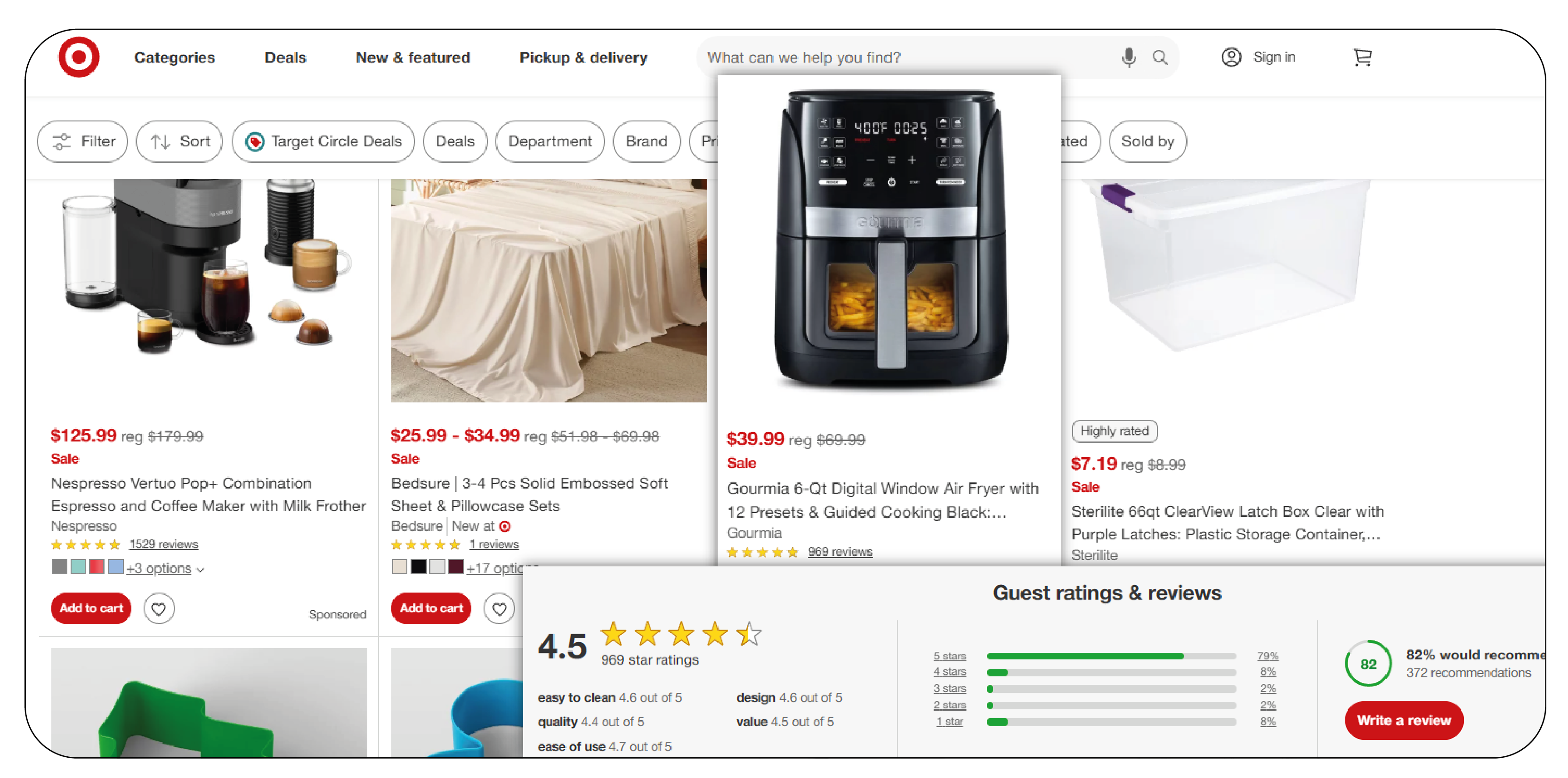
eCommerce dataset scraping finds applications across various domains, significantly impacting businesses' operations. Some notable applications include:
1. Competitive Pricing Analysis
Pricing is a critical factor in e-commerce success. Automated scraping tools allow businesses to monitor competitor prices and adjust their pricing strategies accordingly. This dynamic pricing approach ensures competitiveness while maximizing profitability.
2. Product Trend Analysis
By analyzing data on best-selling products, customer reviews, and seasonal trends, businesses can identify what's popular in the market. This insight helps optimize inventory and marketing strategies to align with consumer demand.
3. Market Research and Expansion
Automation facilitates comprehensive market research by extracting data from different regions and demographics. Businesses can assess potential markets for expansion and identify underserved segments.
4. Customer Sentiment Analysis
Scraping customer reviews and ratings provides insights into consumer preferences and pain points. This data can be leveraged to improve products, enhance customer experience, and build brand loyalty.
5. Inventory Management
Monitoring stock levels and availability on competitor sites helps businesses predict market shortages or overstocking scenarios. This ensures optimal inventory levels, reducing wastage and storage costs.
6. Advertising and SEO Optimization
Extracting data on keywords, product descriptions, and ad placements from competitors allows businesses to refine their SEO strategies and enhance the effectiveness of advertising campaigns.
Key Challenges in E-commerce Data Scraping Automation
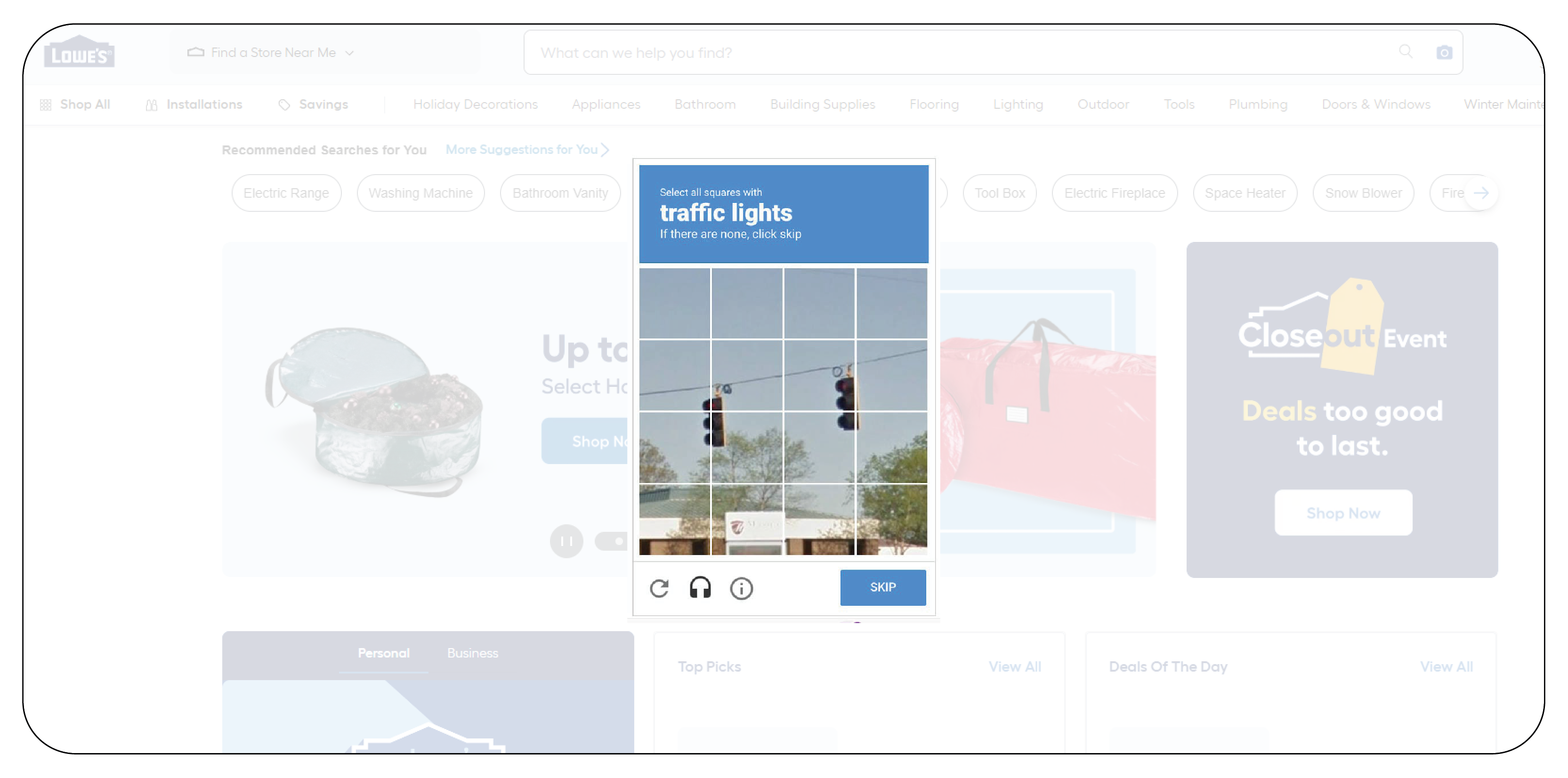
While automation offers numerous benefits, it also comes with challenges that businesses must address to ensure successful implementation:
1. Website Restrictions
Many e-commerce platforms implement measures like CAPTCHAs, IP blocking, or dynamic content to prevent automated scraping. Businesses must invest in tools capable of navigating such restrictions without violating legal or ethical boundaries.
2. Data Privacy Concerns
Handling sensitive data responsibly is crucial to avoid regulatory penalties and reputational damage. When automating scraping processes, businesses must ensure compliance with data privacy laws like GDPR and CCPA.
3. Data Quality and Relevance
Automated tools must be carefully configured to extract only relevant and high-quality data. Irrelevant or outdated information can lead to inaccurate analysis and poor decision-making.
4. Maintenance and Updates
E-commerce websites frequently change their structures and layouts, which can disrupt automated scraping tools. Regular updates and maintenance of scraping scripts are necessary to ensure continuous functionality.
Future Trends in E-commerce Data Scraping Automation
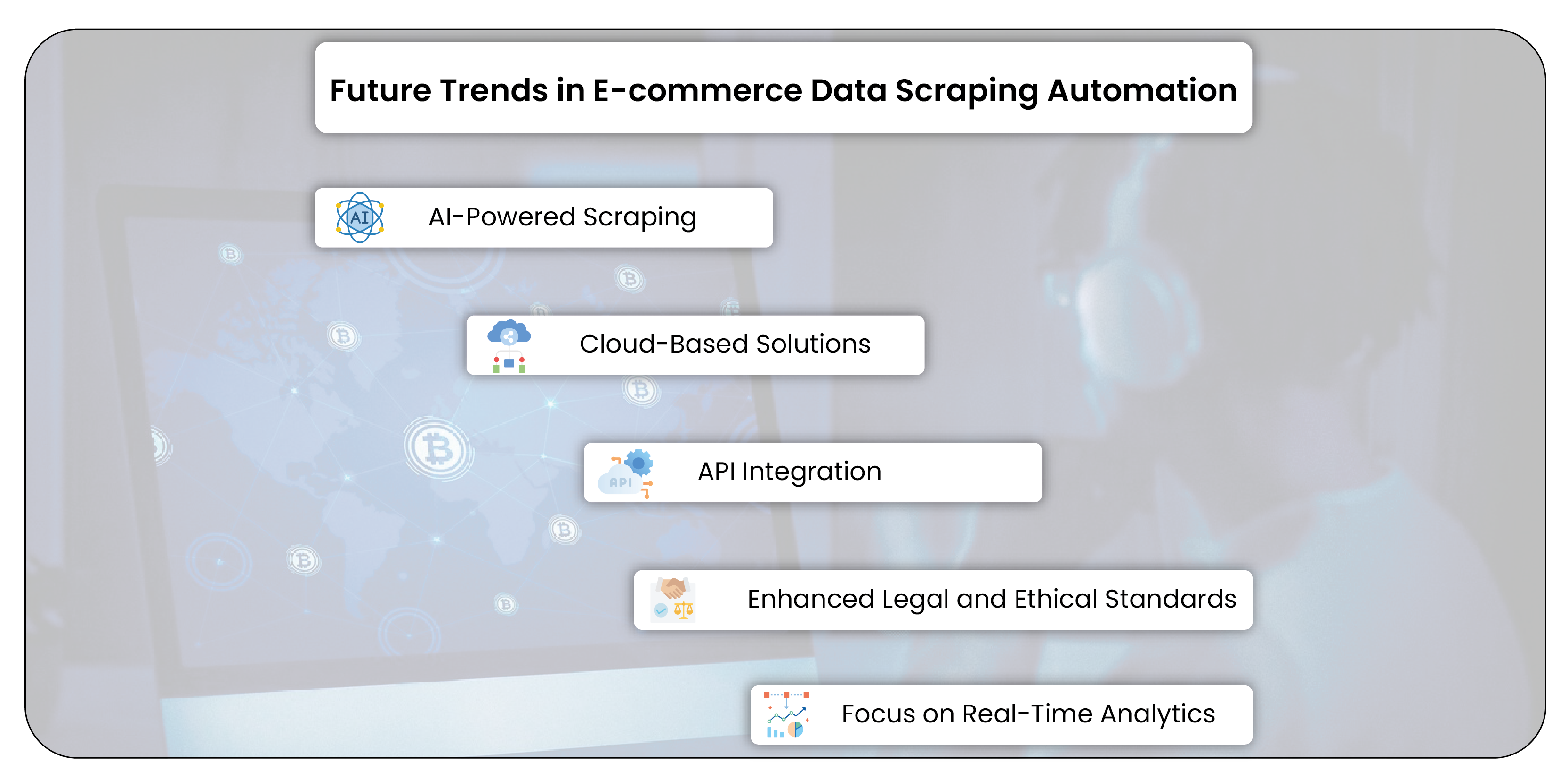
The future of web scraping e-commerce websites is promising, with technological advancements driving innovation in this space. Some anticipated trends include:
1. AI-Powered Scraping: Artificial Intelligence (AI) and Machine Learning (ML) are being integrated into scraping tools to enhance accuracy and adaptability. These technologies enable tools to learn and evolve, making them more resilient to website changes.
2. Cloud-Based Solutions: Cloud computing is making automation more accessible and scalable. Businesses can deploy scraping tools on cloud platforms, benefiting from enhanced storage, processing power, and collaborative capabilities.
3. API Integration: APIs are becoming a preferred method for data access, offering a more structured and reliable alternative to traditional scraping. While APIs may have access limitations, they reduce legal risks and improve data quality.
4. Enhanced Legal and Ethical Standards: As data privacy and scraping regulations evolve, businesses will need to adopt stricter ethical practices. This includes obtaining permissions, respecting user data, and adhering to fair use policies.
5. Focus on Real-Time Analytics: Real-time data extraction and analysis will become increasingly vital as businesses seek to make instant decisions. Automation tools will focus on delivering live insights, enabling agile responses to market dynamics.
Conclusion
E-commerce data scraping automation is redefining how businesses operate in the digital marketplace. Organizations can make data-driven decisions that enhance competitiveness and profitability by enabling efficient, accurate, and scalable methods to extract e-commerce data. With insights from automated tools, businesses can optimize pricing strategies and improve their price monitoring to stay ahead of market trends. However, successful implementation requires addressing legality, privacy, and maintenance challenges.
As technology continues to evolve, the future of e-commerce data scraping automation lies in AI integration, cloud-based solutions, and ethical compliance. Businesses that adopt these advancements will be better positioned to harness the full potential of automated data scraping, ensuring they can adapt to market changes and consumer demands. By leveraging these tools effectively, companies pave the way for sustainable growth and maintain a decisive edge in an increasingly competitive landscape.
At Product Data Scrape, we strongly emphasize ethical practices across all our services, including Competitor Price Monitoring and Mobile App Data Scraping. Our commitment to transparency and integrity is at the heart of everything we do. With a global presence and a focus on personalized solutions, we aim to exceed client expectations and drive success in data analytics. Our dedication to ethical principles ensures that our operations are both responsible and effective.






































.webp)




.webp)
.webp)
.webp)